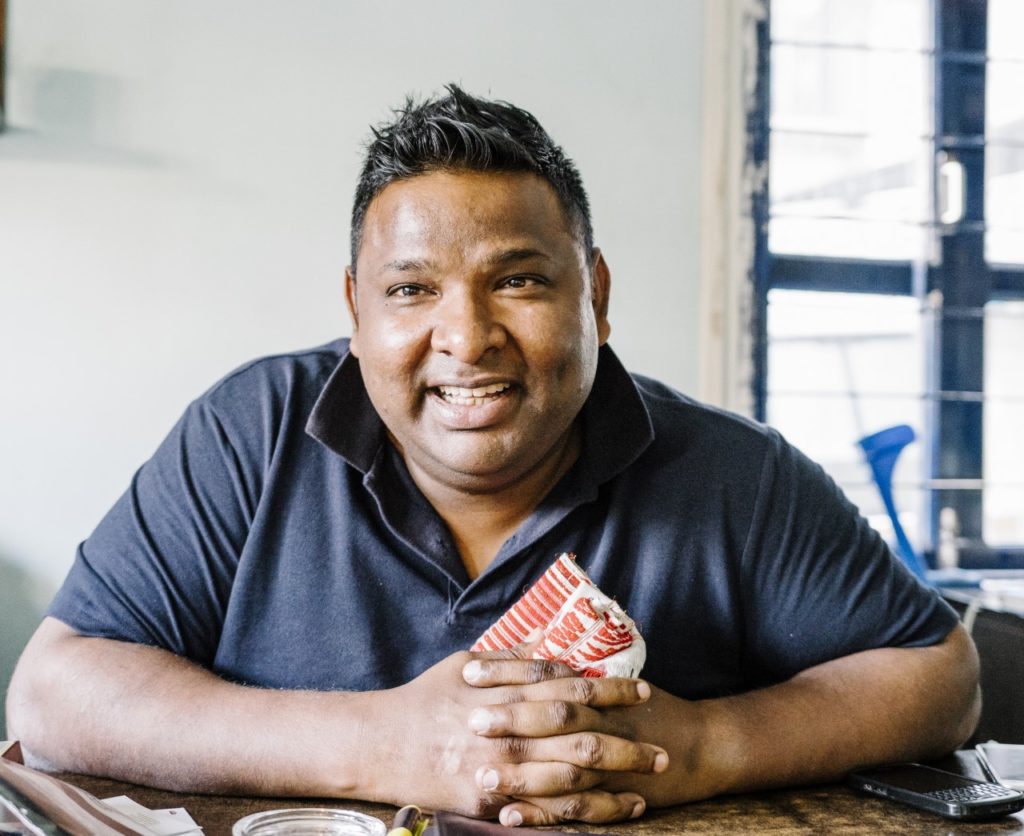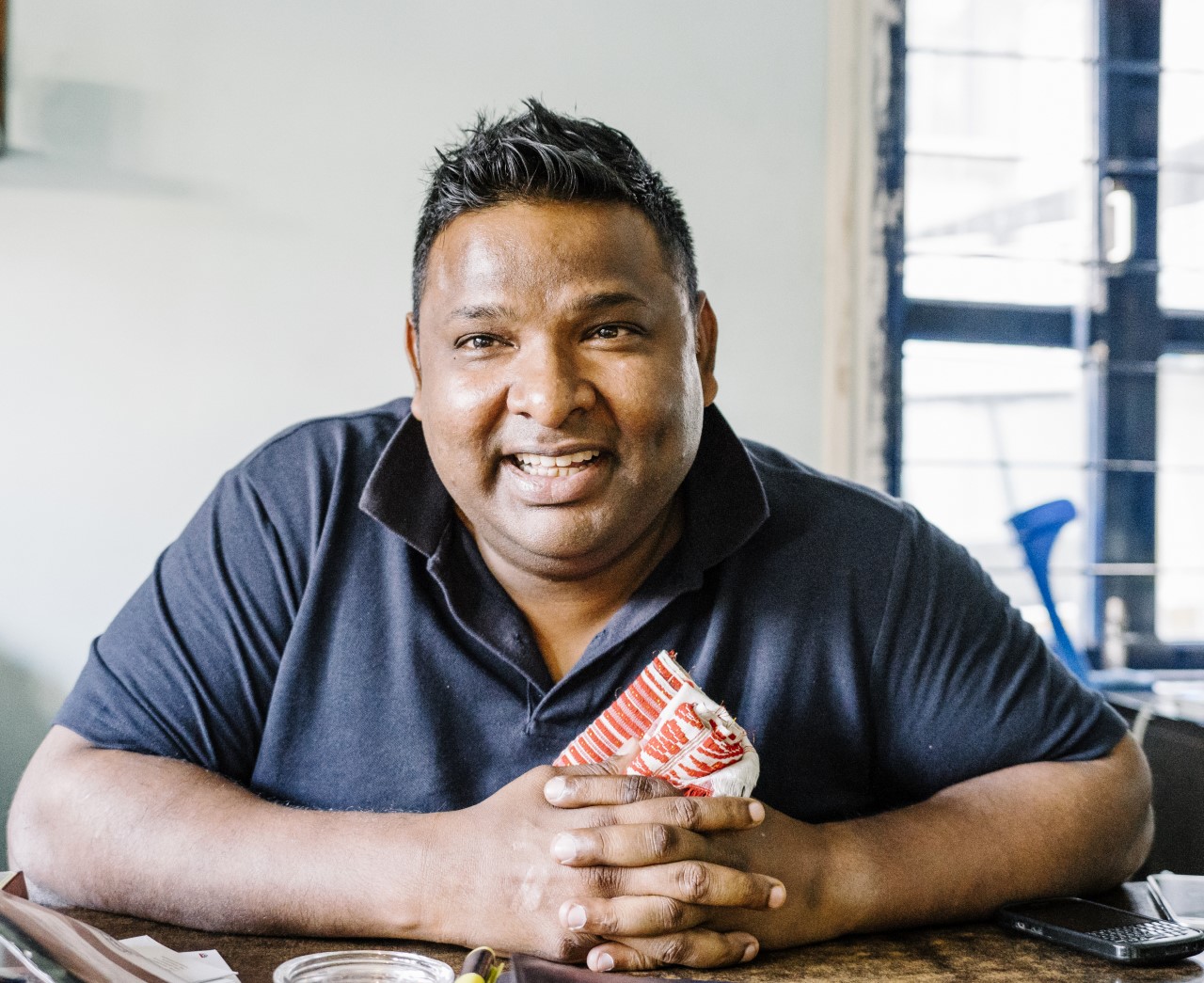Several states yet to appoint Commissioners for People with Disabilities; frequent transfers in many cases; special courts not nominated
Limitations of the new educational policy 2020, lack of accessibility of public services and spaces, poor implantation of the RPWD act 2016 at the state level and many such vital issues pertaining to the rights of people with disabilities were discussed in a meeting organised by the National Centre for Promotion of Employment for Disabled People (NCPEDP) at the United Services Institute in the capital on Thursday.

Supported by Mphasis FI Foundation, the nationwide meeting was attended by more than 40 representatives of National Disability Network (NDN) and National Committee on the Rights of Persons with Disabilities (NCRPD) across 13 states. K.V.S. Rao, director of the central government’s department of empowerment of persons with disabilities was also present during the proceedings.
“Lack of implementation of the RPWD Act is creating serious gaps and discrimination towards disabled people. The Government and Civil Society Organizations should come together in the true spirit of “Nothing About Us Without Us” to ensure that the rights provided under the Act of 2016 can be transitioned into reality,” said Arman Ali, executive director, NCPEDP.
“DePwD works as a nodal agency for all issues concerning disability but these should be taken by all ministries individually as is required by the Act with the technical support of DePwD,” said K.V.S.Rao.
It was further discussed that the federal structure of the Constitution makes implementation of the RPWD Act a challenge, as responsibility for implementation lies with the State Govts.
Issues such as getting disability certificates is a challenge for the same reason and is aggravated due to lack of specialised doctors in several states and particularly in rural areas. The Department has made efforts to remove this by standardizing the process of getting UDID Cards, notifying a standard medical board with provision to get specialists from other locations when required. The constitution of a Central Advisory Board and State Advisory Board supports the development of the National and State policies on Disabilities.
Following the judgement of the Mumbai High Court, the Rehabilitation Council of India is developing a training module for sensitization of key functionaries in the government on provisions of the RPWD Act. The National Fund on Disability has been constituted with a corpus of 230 crores, the interest on which is being used to support sports and cultural activities involving persons with disabilities.
The NCRPD members used this occasion to highlight the various gaps in the implementation of the RPWD Act 2016.
- Lack of coordination between the DePwD and other ministries has excluded the concerns of persons with disabilities from various policies related to disaster management, motor vehicles, right to information, etc.
- The New Education Policy, 2020 doesn’t address the need of inclusive education for children with disabilities as mandated by the Act of 2016. It lacks in including provisions for intervention in early childhood care and education (ECCE). Creation of school complexes affect children with disabilities negatively in the absence of transport. Provision of social and health workers doesn’t include the need of personal assistance for children with disabilities and there is no provision for special educators and teachers training. No budget has been allocated towards inclusive education. There are no standards on inclusive schools, online curriculum and resource centres.
- While the Act mandates that all public services shall be accessible, no penalty is ensued for its violation. The sad state of roads and public transport in India makes it inaccessible for persons with disabilities and also a threat to their lives. There is no compliance between the National Building Code and the Harmonised Guidelines. Guidelines for accessible websites have not been explicitly applicable to private websites.
- The implementation of UDID Card is extremely slow and those that have received the cards have noticed several errors. Applications for correction is not only a cumbersome process but also a dead procedure as such applications do not receive any response. Many patients with Muscular Dystrophy are bed ridden which makes it impossible for them to be assessed by the medical authority and get their disability certificate.
- Issuance of disability certificate takes more than a year to process which should not take more than thirty days. The issuing authority is not aware about the various disabilities and the process suffers from various technical errors. Many states still follow the earlier assessment guidelines.
- There is a severe lack of data on disability which also affects the policies negatively. Therefore, the Census for 2021 should capture data on disability more accurately.
- As the certificates and UDID Cards are only given to persons with benchmark disabilities, the data that will be collected through them will also underrepresent the number of persons with disabilities in India. Representatives from Multiple Sclerosis Society of India also shared that since Remitting Relapse Multiple Sclerosis do not fit the 40% benchmark, they are neither provided disability certificate nor are they accounted for in official data. One member pointed out that there are thirty-seven kinds of Muscular Dystrophy. Since the Act uses an umbrella term, “Muscular Dystrophy” there is lack of data on its various kinds and assessment becomes difficult.
- The National Fund on Disability was constituted to implement the provisions of the Act of 2016. However, it is used to support areas of sports and recreation. Moreover, even in its current restricted state it suffers from various technical and administrative errors.
- Representatives from National Association of Deaf discussed how the problem of low internet bandwidth makes it impossible for a deaf person to communicate as they rely on video chat for the same.
- There is also a need for national bodies like the National Human Rights Commission (NHRC), National Commission of Women, and the Law Commission of India and civil society organisations to perform a greater role in ensuring that the rights of persons with disability are secured.
- The implementation of the RPwD Act is very poor. And there are several instances of the Courts stepping in to ensure implementation, however that cannot be the only solution. Most states have not appointed the Commissioners for People with Disabilities, there are frequent transfers in many cases and special courts have yet to be nominated.
Arman added that the members have decided to formulate all the issues into a point wise advocacy agenda for the year 2020-2021 which shall be pursued with the DePwD along with other ministries.
—
Thanks and Regards,
NCPEDP
